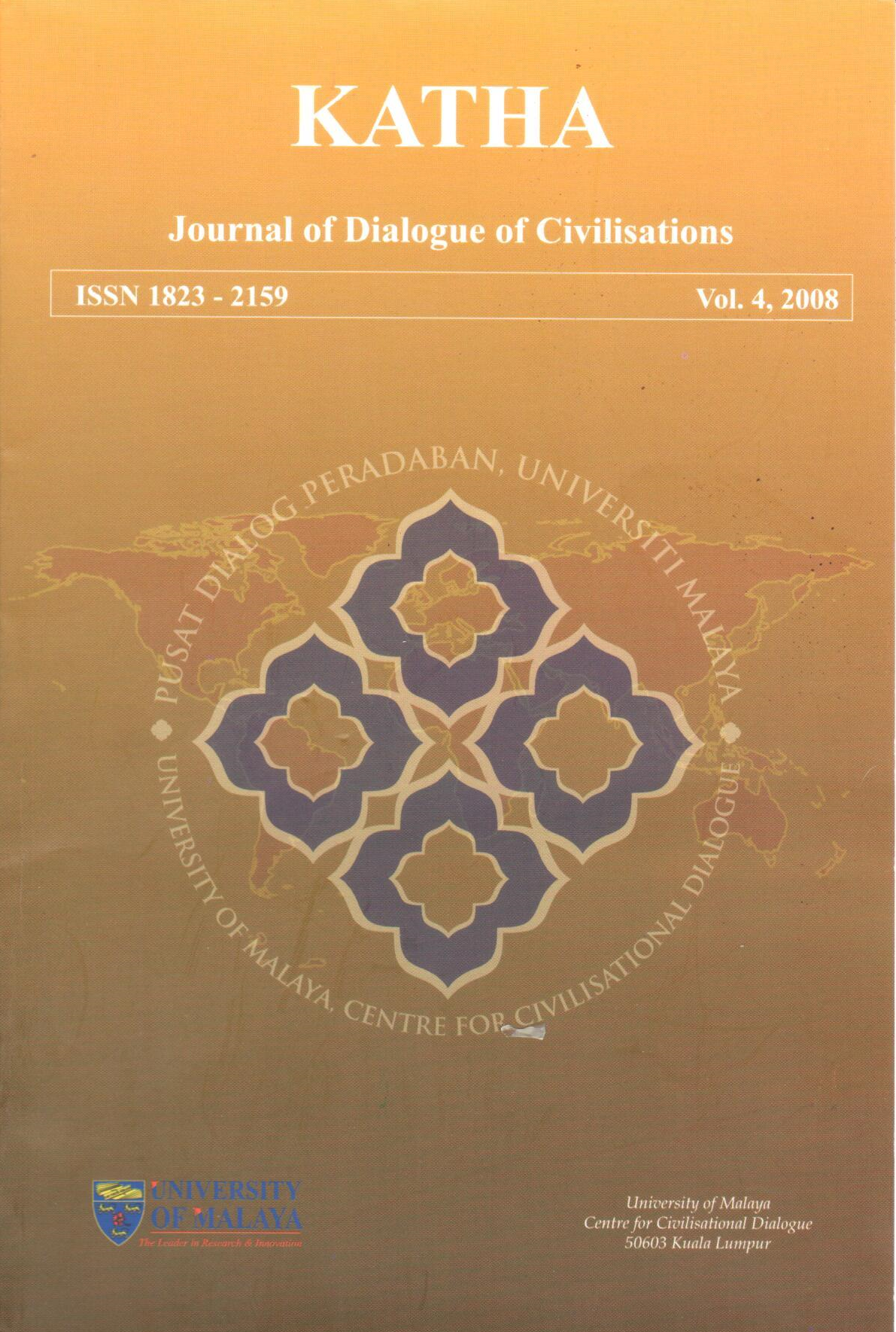Alastair Gunn and Ruth Walker. Buddhism and Environmental Ethics In Context Kuala Lumpur : Centre for Civilisational Dialogue University Of Malaya, 2003
Abstract
The book introduces various approaches from the viewpoint of secular environmental ethics. The first one is that of moral extensionism which extends moral status to the welfare and rights of animal and the ecosystems. The other approaches refer to the holistic environmental ethics, deep ecology, and eco-feminism. Similarities and differences of these various perspective to Buddhist teachings are then pointed out. Buddhism actually does not have an explicit project of environmental ethics. There is no such need as Buddhism does not make a sharp distinction between humans and nature. Instead it emphasizes mutual interdependence of things, and it has an eco-centric view. Religions with anthropocentric views have usually shown less concern for the environment. Also, Buddhism does not expound an ethic of stewardship. It rather considers humans as neighbors to the other less intelligent beings.
Downloads
Downloads
Published
How to Cite
Issue
Section
License
Articles submitted to the journal should not have been published before in their current or substantially similar form, or be under consideration for publication elsewhere. Authors submitting articles for publication warrant that the work is not an infringement of any existing copyright and will indemnify the publisher against any breach of such warranty. For ease of dissemination and to ensure proper policing of use, papers and contributions become the legal copyright of the publisher unless otherwise agreed. By submitting a manuscript, the author(s) agree that copyright for the article is transferred to the publisher, if and when the manuscript is accepted for publication. However, it can be reprinted with a proper acknowledgment that it was published in KATHA.

This work is licensed under a Creative Commons Attribution-NonCommercial-NoDerivatives 4.0 International License.




